After days of numbness spent under the covers, Heidi Hough forced herself to do some serious reflecting, looking back to the last time she lived through a society founded on fear and fantasy. She’d gotten through it before, she could get through it again.
For the past months, she’s been watching what appeared to be a replay of the scariest parts of her childhood. She was raised in a cult … in a fundamentalist group that referred to itself as “The Church”. She thought she had escaped from that harrowing world. After six months of dealing with tortuous triggers, it was clear she hadn’t.
A few days after the 2016 US presidential election, Heidi Hough feels she is once again confined in a narrow-minded, dogmatic world that harbors deep hatred for the outsiders. This time though, it is not just a small group she’s dealing with, but the United States of America itself. But she remains hopeful, citing a couple of reasons to be so. For one, she points to human beings’ biological inclination toward helping.
“I can look at the biological fact that humans aren’t innately attracted to doing the ‘wrong’ thing. Humans want to help, or believe they’re helping, other humans. Human nature wants to feel like ‘the good guy’ and ultimately, we want to feel accepted, and loved, a part of something bigger that’s safe and good.”
In a world that has witnessed man-made catastrophes like the Holocaust, the Holodomor, and the Great Proletarian Cultural Revolution, is it wise to have such faith in humanity? Are we indeed wired to help our fellow human beings? Or are we just self-serving higher forms of animals who will ultimately put our own selves before others?
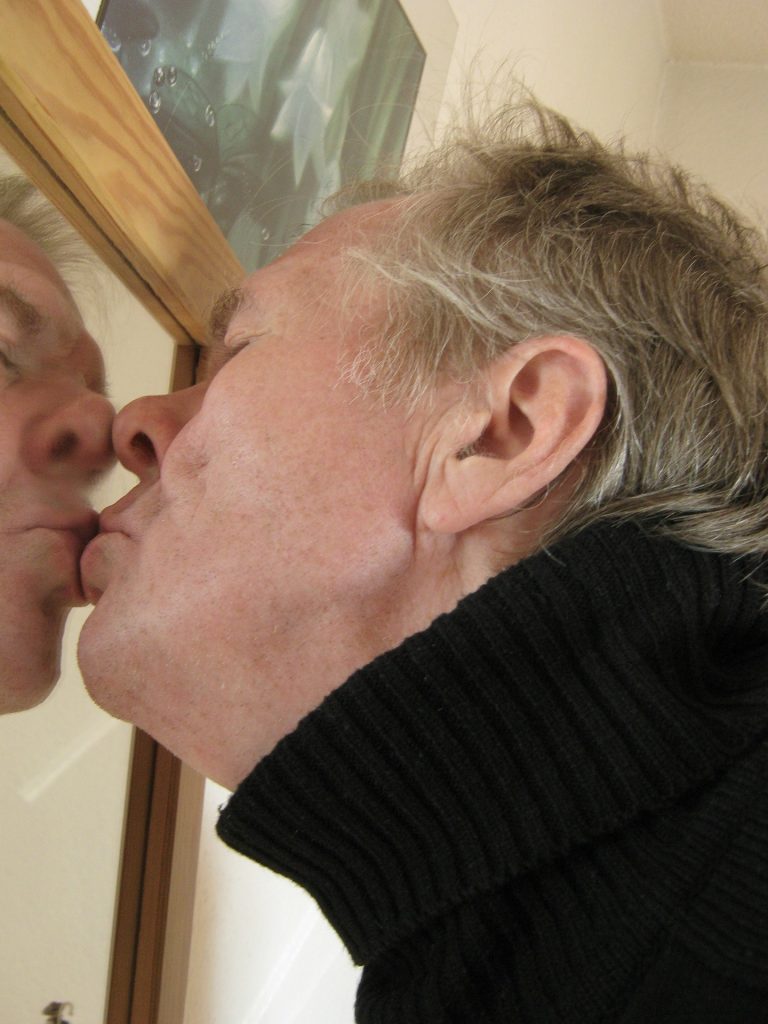
Egoism – People Do It for Themselves
One theory that aims to explain why people help, the Social Exchange Theory, postulates that human interactions are driven by ‘social economics’. That is, we exchange not only material goods like money, but social goods as well, such as information, status, services, and love. As with any exchange, people aim to maximize rewards and minimize costs.
Rewards that motivate helping can come in external or internal forms. Just as businesses donate to improve their corporate image, individuals may do the same to boost the image they present to people around them. People also help for reciprocity. That is, they help in the hope of getting help when they need it. These are external rewards. Internal rewards, on the other hand, can come in the form of feeling good about helping, or relieving feelings of guilt. People may engage in such actions only when the rewards outweigh the costs. That is, they may not be as willing to help if it would put them in harm’s way, or endanger their lives.
Another theory that aims to explain helping allows for more self-sacrifice, albeit in a way that still serves the self. Evolutionary psychologists point to the role of Genetic Egoism and the ensuing ‘kin protection’. The theory of evolutionary psychology postulates that people are wired to propagate gene survival. Hence, they are predisposed to care for relatives, especially those with the greatest genetic similarities. Parents’ devotion to and self-sacrifice in behalf of their children contribute to the survival of their genes. Such devotion can spill over to people who look like us. This predisposition sometimes leads to ethnic in-group favoritism (us versus them), which has led to the opposite of the prosocial behavior of helping, resulting in many a historical and contemporary conflicts.
Genetic predisposition for kin selection does not only exist in humans, but in other social animals as well, such as bees. Greenberg (1979) bred bees with varying degrees of genetic relatedness. He released them close to a nest with guard bees. As the nest was crowded, not all bees could get in. The guard bees favored the closely related bees over the distantly related ones.
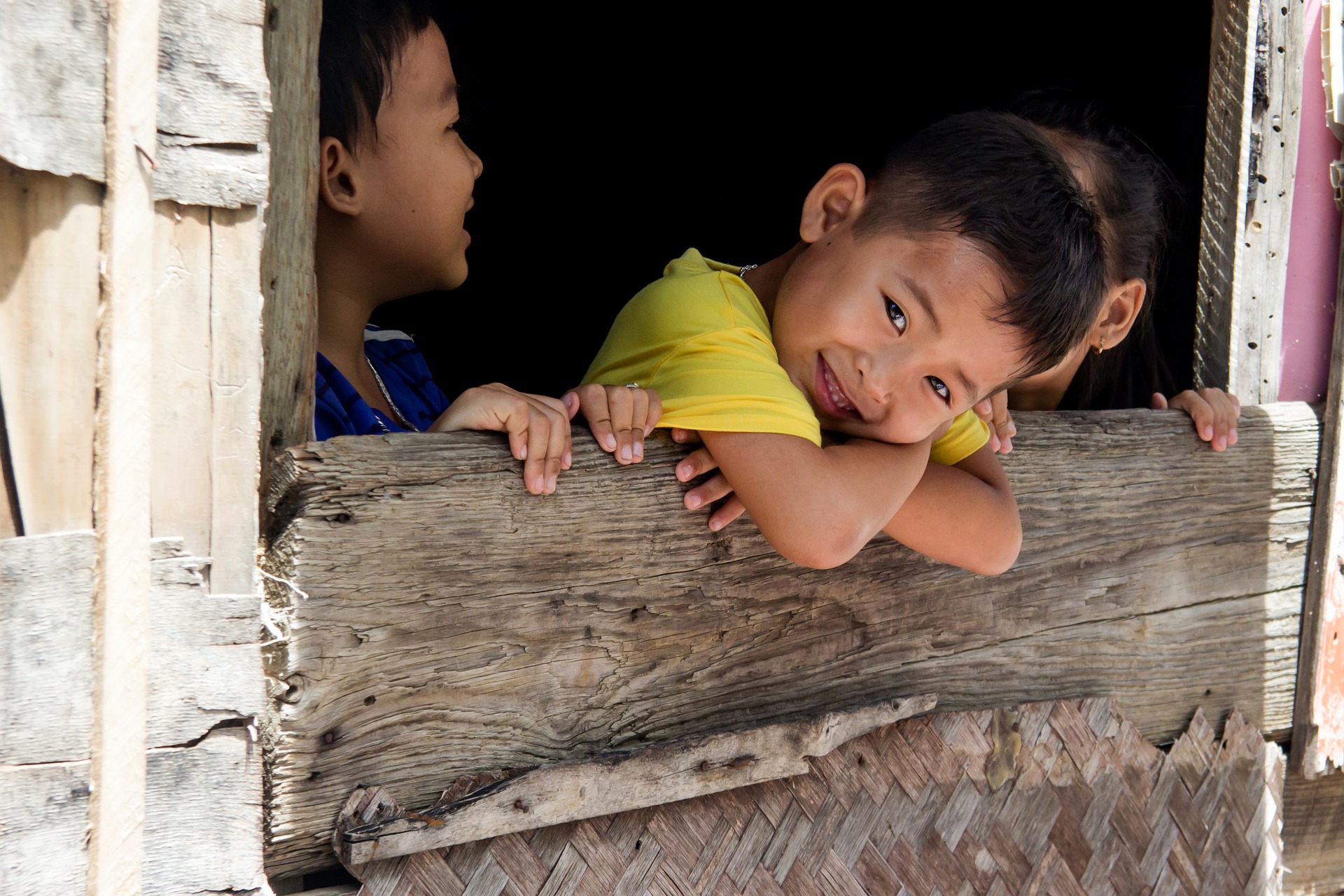
Social Norms – People Do it in Response to Demands by Society
The social animals that we are, we are responsive to social norms. People have proven to respond to the Social Responsibility Norm, or the belief that people should help those who need help. In the Social Exchange dynamics, people tend to help those of higher status, those they find attractive, and the like, all in the effort of getting the most pay-off from the social economics. In the dynamics that result from the Social Responsibility Norm, the less privileged or the vulnerable ones get a greater chance of receiving help. Responding to social and gender norms, people in the sinking Titanic made sure women and children were brought to safety first. The result – 70 percent of the females and only 20 percent of the males survived.
Attributions also play a role in the Social Responsibility dynamics. People tend to help those whose predicament is uncontrollable, as opposed to those whose difficulties appear to result from their own negligence. Hence, people may be more willing to help victims of disasters over those grappling with the ails of drug addiction.
… Altruism that results from Social Exchange and Social Responsibility dynamics prove beneficial to humanity. Nevertheless, they leave us with reasons for concern. When people are driven by cost-benefit analyses and social norms, a culture of prejudice and violence could easily turn them against us. Such was the case in Nazi Germany. The pervading culture allowed for the attacks of even helpless Jewish women and children on the streets, completely altering the Social Responsibility norm. Helping even the wealthier Jews had become more perilous than beneficial, as it could easily lead to one’s death. To feel safe amongst our fellow human beings, we need to be consoled with the fact that goodness comes from within, and not just driven by factors that could easily be changed by shifting tides in the culture and society.
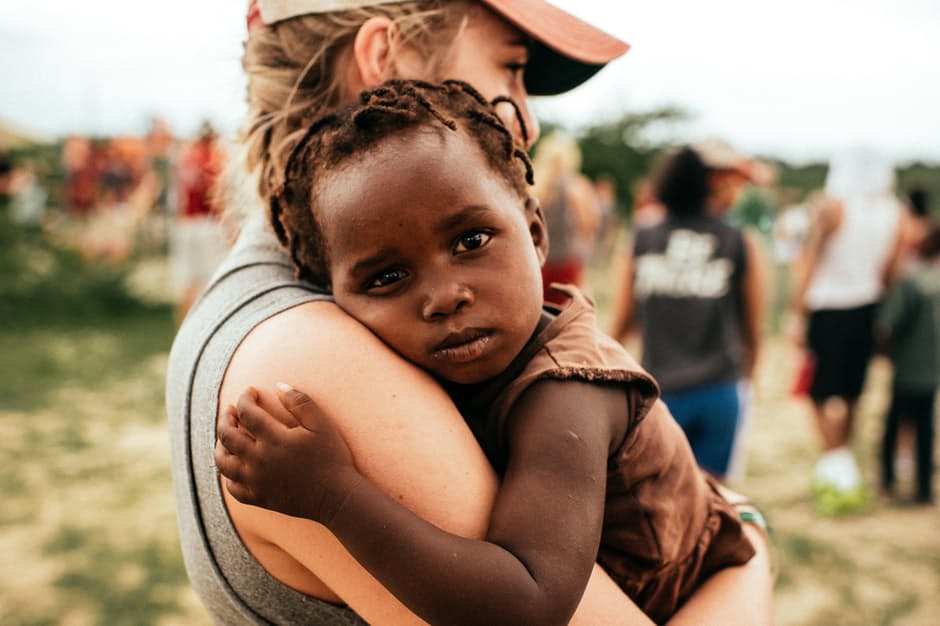
Empathy – People Do It for Others
In an effort to determine if there is such a thing as selfless altruism, Batson and his associates (1981) devised an experiment aimed at drawing empathy-driven acts of helping. They asked University of Kansas women to observe a young woman (a confederate for the experiment) who was supposedly suffering as she received electric shocks. The apparently upset “victim” explained to the experimenter during a pause in the experiment that she was acutely sensitive to shocks due to a fall against an electric fence while she was just a child. The experimenter then suggested that the observer/research participants take the young woman’s place. Virtually all the participants offered to take the victim’s place.
Is this genuine altruism then, a selfless concern for other people?
Abraham Lincoln was once in a horse-drawn coach, engrossed in a philosophical conversation with a fellow passenger. He was asserting his belief about how all good deeds are driven by selfishness when he suddenly noticed a sow (a fully grown female pig) making a disturbing noise. He found out it was because the sow’s piglets were in danger of drowning in a marshy pond. Lincoln asked the coach to stop, jumped right out and lifted the piglets to safety. His companion later remarked, “Now, Abe, where does selfishness come in on this little episode?” Lincoln responded, “Why, bless your soul, Ed, that was the very essence of selfishness. I should have had no peace of mind all day had I gone and left that suffering old sow worrying over those pigs. I did it to get peace of mind, don’t you see?” (Sharp, cited by Batson & others, 1986).
Social Psychologists Mark Schaller and Robert Cialdini (1988) share Lincoln’s beliefs. They contend that people engage in acts of helping in order to relieve the distress that results from feeling empathy – a selfish motive. To prove their point, they devised an experiment where they led participants to believe that their empathy-induced sadness would be relieved by a mood-boosting experience, such as a comedy tape. The participants turned out to be not especially helpful. Still, there are other findings that suggest there is indeed such a thing as genuine altruism. One such study revealed that people sometimes continued to want to help a distressed person even when they were led to believe that their distressed mood was caused by a “mood-fixing” drug (Schroeder & others, 1988).
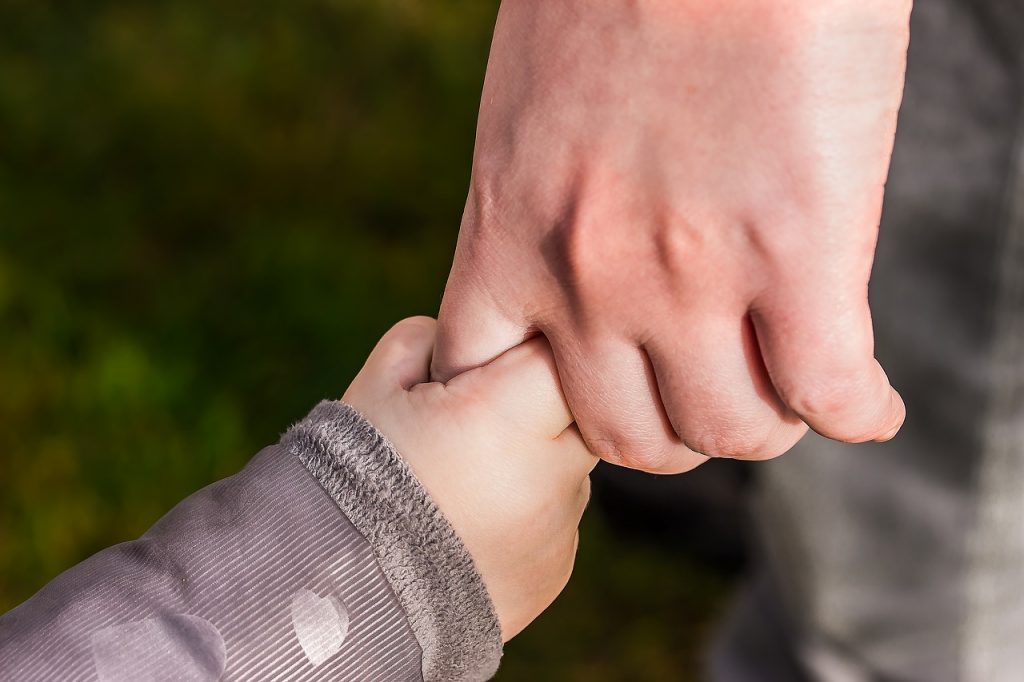
Mirror Neurons – People were Born with It
One of the most interesting findings related to Altruism, or the unselfish regard for the welfare of others, is the idea that we were born with the capacity to empathize, or to experience another person’s pain, joy, fear, etc. Research findings indicate that empathy is made possible by nerve cells in the brain called mirror neurons.
Mirror neurons were first discovered by Italian scientists in the early 1990s. They were studying motor neurons in the brain of Macaque Monkeys when they noticed that the same neurons that fired in the Ventral Premotor Cortex and Anterior Inferior Parietal Lobe when the monkeys performed an action like grabbing a stick were also activated when they were observing someone else doing the action. In the brain of humans, mirror neurons are said to explain many behaviors, including imitating motions, learning language, and understanding other people’s intentions and mental states. More so, mirror neurons have been used to explain people’s capacity for empathy.
By monitoring neuronal activation using Functional Magnetic Resonance Imaging (fMRI), researchers have observed the activation of mirror neurons both while experiencing and observing different emotions and experiences. To name a few:
- Neurons that are activated both when people imitate facial features and when they merely observe them have been found in the premotor cortex
- Neurons that are activated both when people experience pain firsthand and when they watch someone close to them experiencing the pain were identified in the Rostral Anterior Cingulated Cortex, Bilateral Anterior Insula, Brainstem, and Cerebellum
- Neurons that fire both when a person smells something disgusting and when they observe someone else having a disgusted reaction to the substance have been documented in the Insula and the Cingulate Cortex
- Interestingly, just hearing and not seeing something can fire up mirror neurons, such as when people hear chewing noises and the neurons involved in moving the mouth in chewing motions are activated.
It is important to note that a correlation was found between higher activation of mirror neurons during observation tasks and participants’ scores on measures of empathy quotients. To put simply, people who have more excitable mirror neurons tend to behave in more empathetic ways. So yeah, to a certain extent people are hardwired to help. We were born with it.
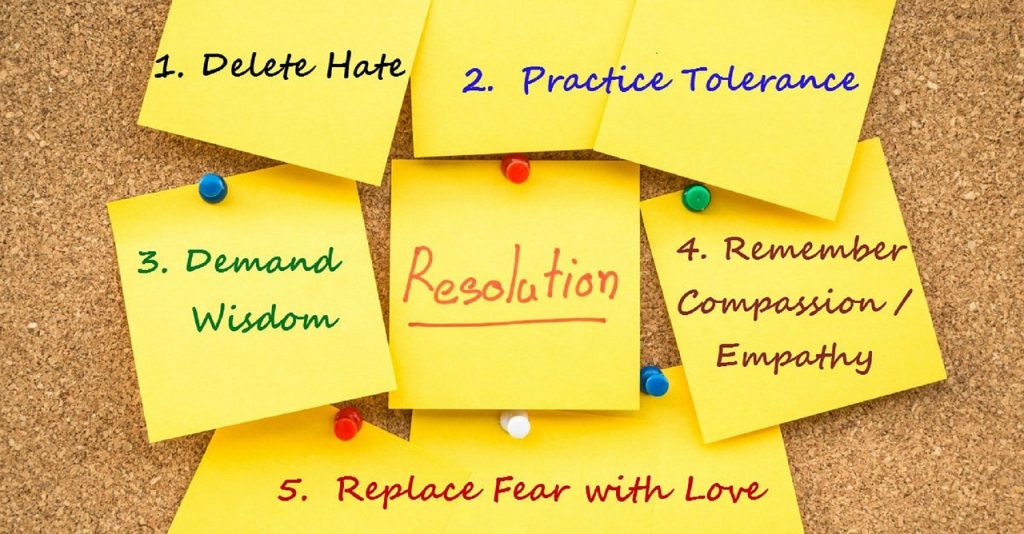
Schadenfreude – Joy Derived from Other People’s Troubles
If we were born to feel other people’s pain, what accounts for Schadenfreude? Tania Singer, a research fellow at the Wellcome Department of Imaging Neuroscience at University College London, worked with her colleagues on a study that shows the first neuroscientific explanation for Schadenfreude, or the enjoyment obtained from seeing or hearing about other people’s troubles.
The study entailed having subjects take part in a game where experimenters’ confederates either played fairly or unfairly, with the deliberate intention of making the subjects like or dislike them. After confirming that they have created the desired results of making people like or dislike the confederates (because they were deemed fair or unfair), they proceeded to the second part of the experiment where they used fMRI to monitor the brain activity patterns of the subjects while they watched the confederates who were supposedly receiving painful electric shocks. Subjects who were witnessing the pain of the “fair” players displayed strong activation in their pain-related brain regions. The subjects who were watching the “unfair” players in pain did not only show significantly reduced empathy-related responses (male subjects most especially), but they even displayed increased activation in reward-related areas. They were taking pleasure in the pain of the players they didn’t like!
This is where the danger of a culture of hate and intolerance comes in. While taking pleasure in the punishment of people who have wronged us may give us advantage in terms of ensuring our own survival and of extracting justice, it may be reduced to futile violence when targeted against people we may dislike due to unfair prejudices or illogical stereotyping.
Just like the bees working together in the beehive to produce their life-sustaining honey and to protect their colony, humans are every bit a social animal. We need to work together for our survival. The changing terrains of the distant past forced our early human ancestors to leave behind their nomadic days where they relied on foraging for food and hunting to survive. They learned to work together and to get along with each other as they settled in one place, and worked on irrigation projects and concerted planting efforts. Agriculture paved the way for civilization, they say.
Our ability to take other people’s feelings into account is part of our survival mechanism. Let us not allow baseless hatred to ruin this for us. Racism, for one, only gets in the way of us working together against destructive wars and environmental degradation. We are all of one species. And we shall rely on each other for our survival.
… While reading about the anecdote of Abraham Lincoln helping a sow and her piglets and of his assertion that we help for selfish reasons, I was transported back to the time when I was walking with my friend Jazzi Timonera along the AS covered walk at our university campus. I remember asking the same philosophical question, “What if we help other people for the selfish reason of wanting to feel good?” I don’t remember why I had asked that question. Maybe it was just my introverted friend bringing out my introspective side. Anyhow, such recollections also transported me back to the many times helping caused me more distress than joy … at how I persisted in helping anyway. It also got me looking back at how I could easily throw empathy out the window when I felt betrayed. Life has a way of providing answers.
To varying degrees, we were born with the capacity to care and the capacity to harm. It’s our job to keep our innate tendencies in check. And this includes ensuring our society is not founded on unnecessary hatred and fear of outsiders.
Author: Tahna de Veyra
Voracious eater. Coffee dependent. Book sniffer. Music addict. Profound thinker. Certified ambivert. Life-hungry maverick. Nonchalant realist. Hesitant blogger.
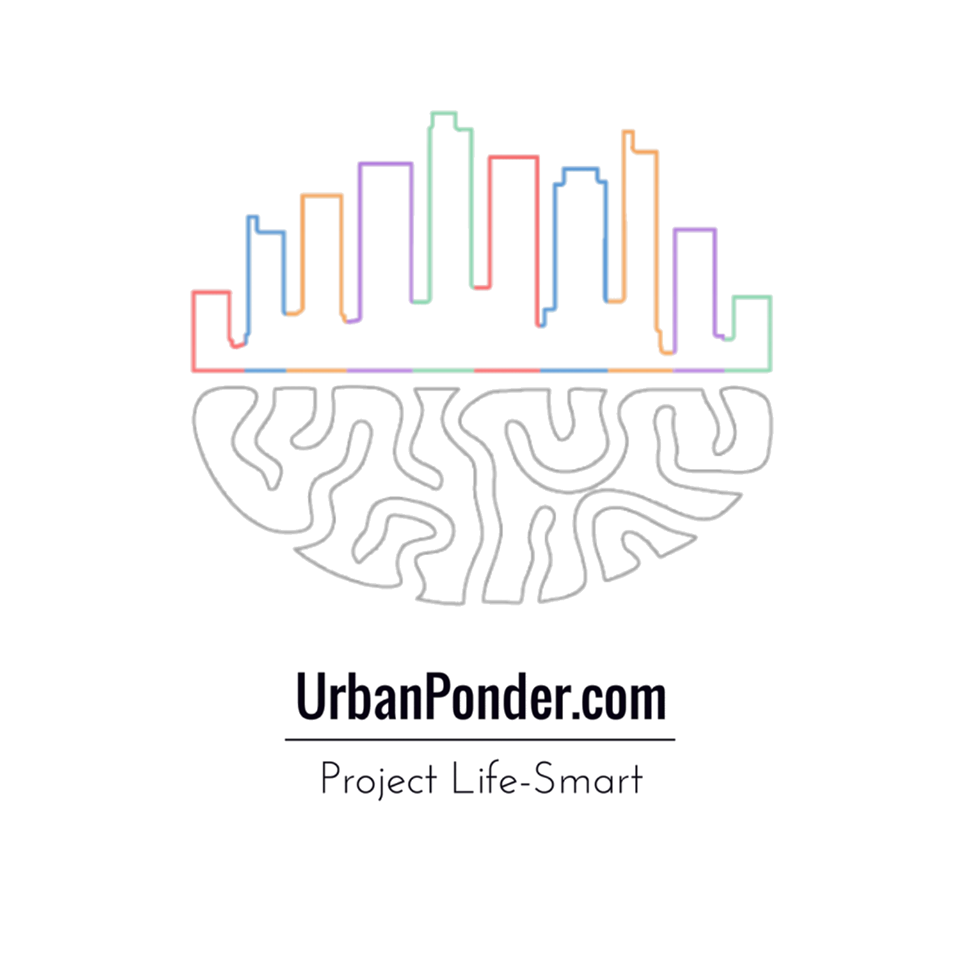
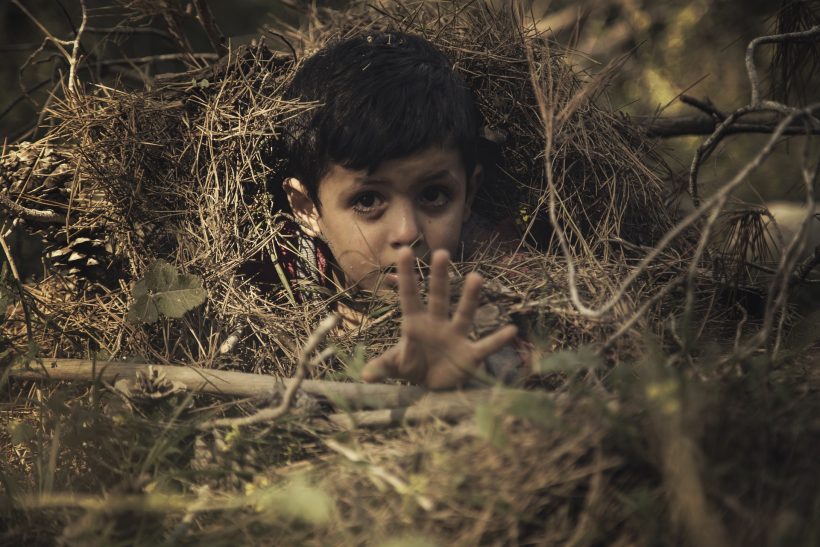
This is so interesting–such a good blend of narratives and research, which is my favorite kind of post! A very important matter to be thinking about in 2017.
Interesting article, always keep believing in the good of the people. I think this could be a goal for everyone in 2017 to help each other without expecting something back.
xo
sabine
http://www.sofarsosabine.com
Great tone in the article. We as humans do have selfish tendencies.
packed full of information to think about. thanks for sharing